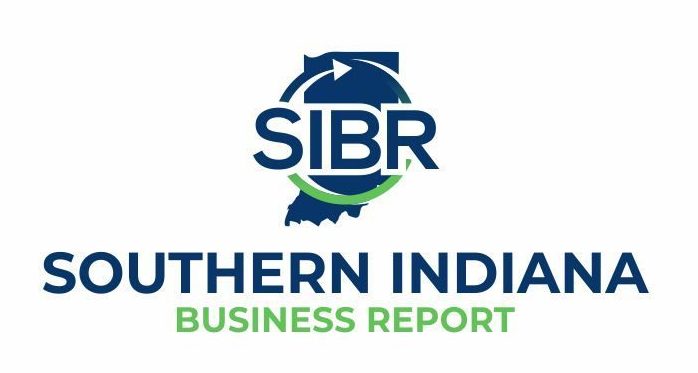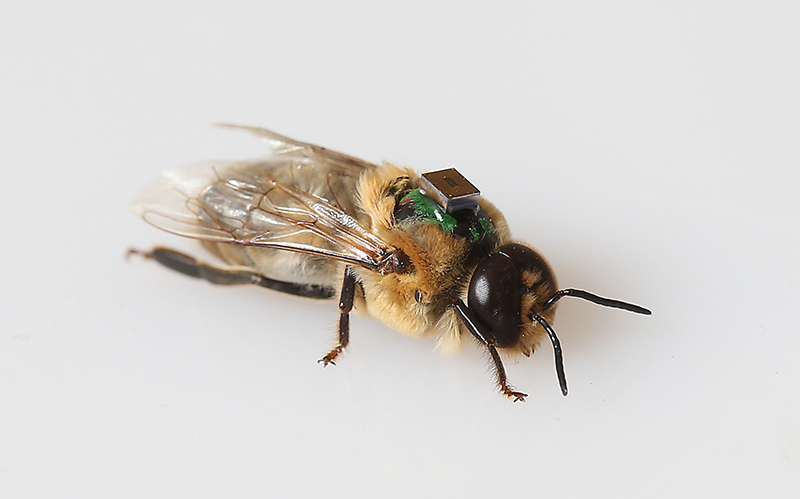Purdue University
WEST LAFAYETTE — The Purdue University College of Agriculture has awarded more than $800,000 in grants to support 15 research projects designed to advance Indiana’s leadership in plant and animal agriculture, human health, and rural development.
The grants are integral to a program called AgSEED — Agricultural Science and Extension for Economic Development. Since the Indiana General Assembly first funded AgSEED in 2013, $7.5 million in AgSEED grants have enabled researchers to secure more than $21 million in additional funds.
“The state’s investment in these innovative projects has had an impactful return on investment,” said Bernie Engel, senior associate dean of agricultural research and graduate education. “This competitive internal grants program enables researchers to design cutting-edge experiments, lay the groundwork for greater funding from federal sources, and address the needs of Indiana through Extension specialists and educators applying the gained knowledge in their outreach in all 92 counties.”
Faculty and staff in the colleges of Agriculture, Health and Human Sciences, and Veterinary Medicine may apply for grants to fund basic research or applied research and Extension. Award amounts are $50,000 for one-year projects or $75,000 for two-year projects. Project leaders are encouraged to build teams representing diverse specialties and disciplines to strengthen collaborations across the university.
The grants to date have also resulted in 93 publications and three patents; funded 168 graduate students and postdocs; and involved 320 undergraduates in AgSEED research.
The 15 projects funded in 2022 span a broad range of challenges in both basic and applied science, from exploring whether vocalizations in the poultry barn could indicate flock welfare; to using genomics to predict the reproductive quality of male honey bees; to producing a succession toolkit to help farmers plan for the future.
The 2022 AgSEED project leaders and their project titles are:
- Cézanne Elias, clinical assistant professor of human development and family studies – Families tackling tough times together: Empowering family resilience in Indiana’s at-risk families.
- Gregory Fraley, the Terry and Sandra Tucker Family Endowed Chair of Poultry Science – Vocalizations as a flock welfare indicator and behavioral control in the poultry barn.
- Nilupa Gunaratna, associate professor of public health – Hoosier Latino farmworker youth: Labor demands, basic needs, resources, and opportunities.
- Brock Harpur, assistant professor of entomology – Using genomics to predict reproductive quality: Why are there so many low-quality male honey bees?
- Yuan H. “Brad” Kim, associate professor of animal sciences – Identifying muscle-specific microbial ecology though novel meat purge analysis to improve beef freshness and safety.
- Jianxin Ma, professor of agronomy – The effects of a shoot-to-root mobile microRNA on nutrient use and symbiotic nitrogen fixation efficiences in soybean.
- Maria Marshall, the Jim and Lois Ackerman Endowed Chair in Agricultural Economics, and Renee Wiatt, family business management specialist, agricultural economics – A farm succession toolkit: Defining successful strategies for exit and entry.
- Michael Mickelbart, professor of botany and plant pathology – Improving maize water-use efficiency via stomatal traits.
- Nicholas Minton, beef systems specialist, Feldun PAC – Enhancing precision in nutrient delivery to grazing beef cattle.
- Rafael Neves, assistant professor, food animal production medicine – Hyperketonemia in high-producing dairy cows: Using artificial intelligence and machine learning algorithms to solve a controversial dairy science topic and aid in on-farm decision-making process.
- Kathryn Orvis, associate professor of horticulture – Urban farming entrepreneurship program: Providing minority youth entrepreneurship training to increase employment and food access.
- Caitlin Proctor, assistant professor of agricultural and biological engineering and environmental and ecological engineering – Rural drinking water quality: Understanding the microbiome of well water.
- Maria Sepúlveda, professor of ecology and natural systems – Establishing Northern leopard frogs as a model for toxicology and the global research community through reference genome assembly and annotation.
- Diane R. Wang, assistant professor of agronomy – Exploring physiological variation in soybean to improve process-based models for prediction of plant performance.
- Joshua Widhalm, associate professor of horticulture – Investigating chloroplast thievery in photosynthetic sea slugs to understand the “rules of life” for endosymbiosis and to guide next-generation synthetic biology.



